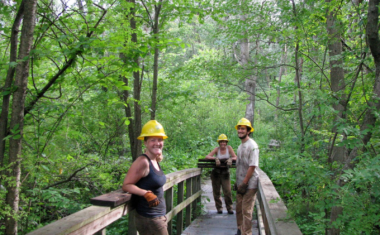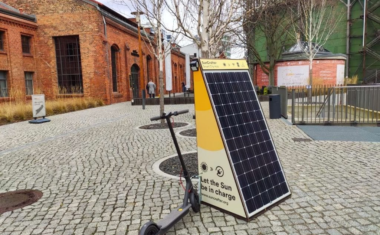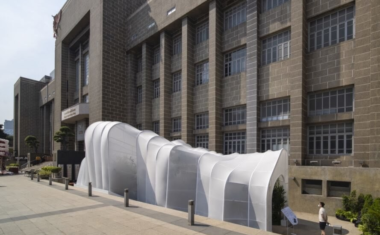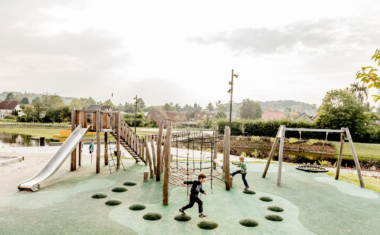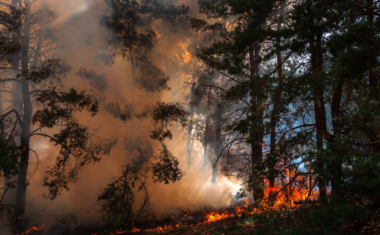Green Kayak
- 5
- 5 min to read
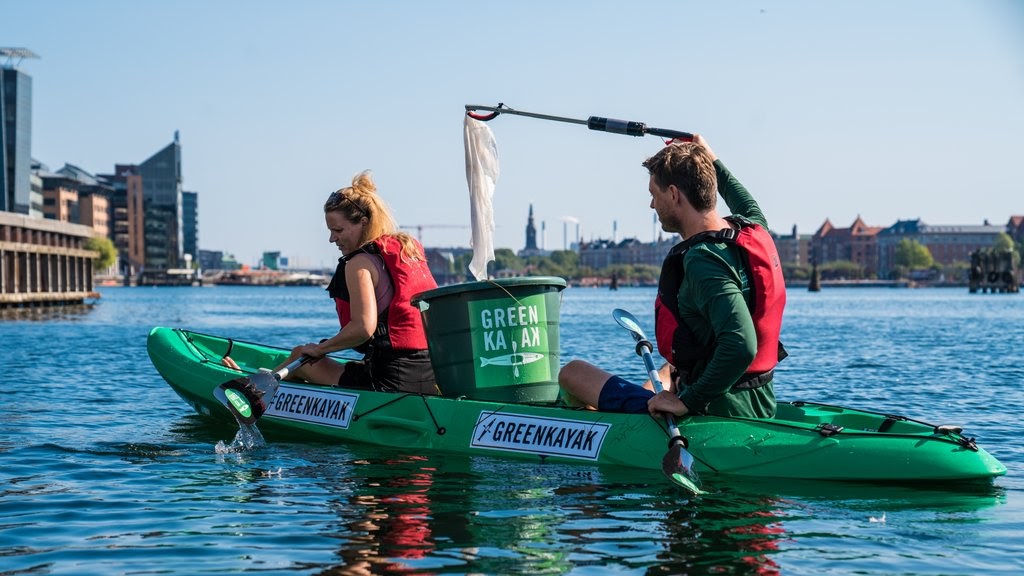
About the city. Copenhagen Harbor is highlighted as a strong brand for the city as a whole and has inspired other cities to create new urban spaces and activities around port areas.
Goal
GreenKayak works to reduce the amount of garbage floating in coastal waters. The idea is simple – get a free GreenKayak trip in return for collecting trash & sharing this on social media. GreenKayak also shares knowledge and helps people of all ages get out on oceans and take action.
Implementation period. This project first began in 2017 in Denmark.
Fact
According to UN Environment figures, about 13 million tonnes of plastic waste ends up in the world’s oceans each year, the majority of it fed along rivers from land-based sources.
Solutions
Tourists can enjoy leisurely trips on the canals and lakes of Europe all for free; with one small condition. Green Kayak, a Denmark based non-profit organisation, is responsible for this unique initiative; it will help combat the excessive waste dumped in the water bodies across Europe.
GreenKayak is physical kayaks that can be borrowed free of charge for up to two hours if they also undertake to collect waste on their trip through the waterway or the canals and distribute photos or video clips from the trip. A contract must be signed for compliance with the requirements and understanding of the purpose of GreenKayak.
The kayaks each hold two people and come fully equipped with life jackets, paddles, maps and the necessary gear to free the beautiful environment from plastic eyesores.
When landing, the waste must be weighed and written into the GreenKayaks folder. Photos or movies are uploaded directly to social media with #GreenKayak.
GreenKayak believes that kayaks are highly effective at collecting waste because they can get close to areas that are otherwise hard to reach.
Team
The initiative is the brainchild of GreenKayak, a Denmark-based environmental not-for-profit organization.
Timeline
During the first two seasons, roughly 1.000 volunteers collected 3 tones of primarily plastic waste in the canals of Copenhagen.
In 2018 two additional kayaks were introduced and the amount of collected waste tripled to more than 10 tons including various beach clean-ups.
The project has spread to more locations in Denmark, with clean-up flotillas also available in Ireland, Norway and Germany, Sweden.
If you notice an error or inaccuracy in our editorials, please email [email protected] so we can look into it.

